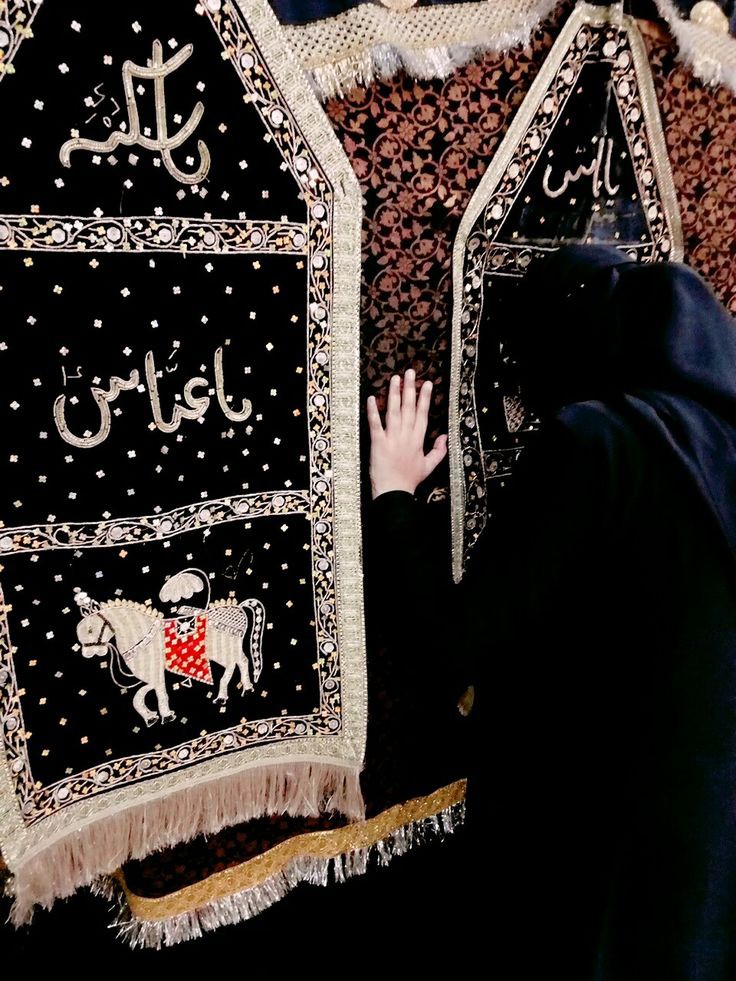Muharram, the first month of the Islamic calendar, holds profound significance for Muslims around the world. It marks the beginning of the Islamic New Year and is a time of reflection, remembrance, and mourning. The day of Ashura, which falls on the 10th of Muharram, especially stands out in Islamic history due to the Battle of Karbala and the martyrdom of Hazrat Imam Hussain, the grandson of Prophet Muhammad. In this article, we will explore the historical significance of Muharram, the events surrounding the Battle of Karbala, and the martyrdom of Imam Hussain, with special emphasis on the observances and rituals associated with this day in 2025.
Understanding Muharram and Its Importance in Islam
Muharram is one of the holiest months in the Islamic calendar, not only marking the start of the Hijri New Year but also commemorating the sacrifices made by Imam Hussain. The month of Muharram holds a unique place in the hearts of Muslims, as it symbolizes sacrifice, resilience, and the struggle for justice. The significance of this month is deeply rooted in the historical event of the Battle of Karbala, where Imam Hussain and his companions made the ultimate sacrifice to uphold the principles of Islam against tyranny and oppression.
The Battle of Karbala: A Defining Moment in Islamic History
The Battle of Karbala occurred on the 10th of Muharram, in the year 61 AH (680 CE), in present-day Iraq. It was a confrontation between the forces of Imam Hussain, who stood for righteousness and justice, and the army of Yazid ibn Muawiya, the ruler who sought to impose a corrupt and oppressive regime on the Muslim world. Imam Hussain’s refusal to pledge allegiance to Yazid, whom he deemed an unjust ruler, led to the tragic confrontation that would forever change the course of Islamic history.

Imam Hussain’s stand against Yazid was not just a political act, but also a moral and spiritual battle. Imam Hussain’s refusal to submit to Yazid’s tyrannical rule was rooted in his deep sense of justice and his commitment to the teachings of Prophet Muhammad. The confrontation at Karbala became a symbol of the fight against injustice, oppression, and the abandonment of principles. Imam Hussain’s martyrdom is celebrated as a triumph of good over evil, where the sacrifice of a few righteous individuals ultimately illuminated the path for all of humanity.
The Martyrdom of Imam Hussain and His Companions
Imam Hussain, along with his family members, including his sons, nephews, and loyal companions, fought valiantly against an overwhelmingly larger army. Despite being deprived of water and supplies for several days, Imam Hussain and his followers stood firm in their belief that they would not compromise their faith. On the 10th of Muharram, after hours of intense fighting, Imam Hussain was martyred on the battlefield, along with his companions, including his young son, Ali Asghar and his brother, Abbas ibn Ali.
The martyrdom of Imam Hussain and his companions is remembered as one of the most sorrowful and sacred moments in Islamic history. Their deaths not only embodied the ultimate sacrifice but also served as a reminder of the importance of standing up for truth, even in the face of overwhelming odds.
Ashura: A Day of Mourning and Reflection
The 10th of Muharram, known as Ashura, is the day that marks the culmination of the events of Karbala. On this day, millions of Muslims around the world observe mourning rituals to commemorate the martyrdom of Imam Hussain and his companions. Ashura is not just a day of sorrow, but a day of reflection, where Muslims reflect upon the values of justice, sacrifice, and resilience that Imam Hussain upheld.
The Rituals and Observances of Ashura
The observances of Ashura vary across different Muslim communities, but they all share common themes of mourning and reverence for the sacrifices made by Imam Hussain and his companions. Some of the common rituals include:
Tazia Processions: In many parts of the world, especially in countries like India, Pakistan, and Iran, large processions known as Tazia are carried out. These processions often feature replicas of the graves of the martyrs of Karbala, which are carried through the streets in a solemn and respectful manner. Participants in these processions often wear black clothing, symbolizing mourning, and engage in loud lamentations and chants in honor of the martyrs of Karbala.
Majlis (Gatherings): On Ashura, many Muslims attend gatherings called Majlis, where scholars and speakers recount the events of Karbala. These gatherings are opportunities for the Muslim community to remember the sacrifice of Imam Hussain and to learn about the moral lessons of his life and death. The speakers often emphasize the importance of standing up against tyranny and injustice, just as Imam Hussain did.
Fasting on Ashura: Many Muslims choose to fast on the day of Ashura as a way of expressing their solidarity with Imam Hussain’s suffering. Fasting is seen as an act of spiritual purification and a means to draw closer to Allah. It is believed that fasting on Ashura brings immense rewards and serves as a reminder of the hardships faced by Imam Hussain and his followers.
Charity and Almsgiving: Another significant aspect of Muharram is the emphasis on charity and almsgiving. Many Muslims choose to give zakat (charity) during this time, in memory of the selflessness and generosity of Imam Hussain. It is believed that helping the poor and those in need is a way of honoring the legacy of Imam Hussain’s compassion.
The Significance of Muharram in 2025
In 2025, Muharram will begin on Friday, June 27, and the day of Ashura will be observed on Sunday, July 6. This year, as Muslims gather across the world to mourn and remember the sacrifices made by Imam Hussain, it will be a time to reaffirm their commitment to the values of justice, truth, and equality that Imam Hussain embodied. For the year 2025, Ashura will be a poignant reminder of the timeless lessons that Imam Hussain’s martyrdom teaches us — that the fight for righteousness and justice is a cause worth sacrificing for, no matter the challenges one may face.
Hijri Samvat: The Islamic Calendar
The Hijri Samvat, also known as the Islamic calendar, is an essential part of Islamic culture and religious observance. It is based on the lunar calendar, and each year begins with the month of Muharram. The calendar plays a critical role in determining the dates of important Islamic events, including Ramadan, Eid al-Fitr, and Eid al-Adha. The Islamic New Year, marked by the arrival of Muharram, serves as a time of renewal, spiritual reflection, and an opportunity to reconnect with the core teachings of Islam.
Conclusion
Muharram, especially the 10th of Muharram, known as Ashura, serves as a reminder of the ultimate sacrifice made by Imam Hussain and his companions at the Battle of Karbala. The lessons of justice, resilience, and sacrifice resonate strongly with Muslims today, inspiring them to uphold these values in their daily lives. As the year 2025 approaches, Muharram will once again bring millions of Muslims together for a time of mourning, reflection, and spiritual rejuvenation. The martyrdom of Imam Hussain continues to be a beacon of moral courage and selflessness, reminding us that the fight for what is right is never in vain, even in the face of overwhelming adversity.
















